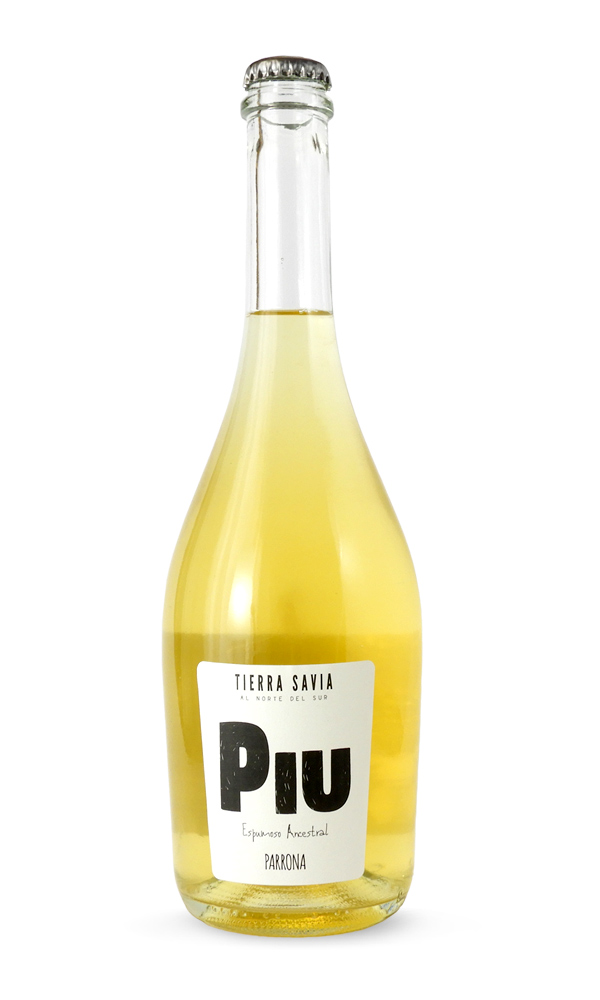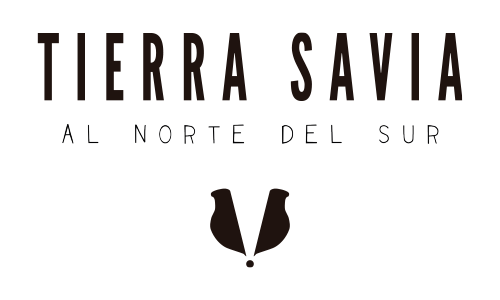
Lesser-known grapes with regional character from 100-year-old vines.
The story of ancestral-style sparkling wines is alive at Tierra Savia. Here, each new vintage is reoriented by continual research on autochthonous grape varieties and old winemaking techniques. We call our unpredictable, dynamic revival of local customs ‘nomadic winemaking’.
Local tradition is lived out in dry-farmed micro-parcels of old bush-trained vines. Diverse grape varieties mingle in these plots, whose harvests were traditionally designated to produce wine for the grape growers’ personal consumption.
Regional lore still recalls the precise blend of varieties and percentages you can expect from these vineyards. Once in a while, a grape variety or two we haven’t heard of pops up in certain parcels. Whenever that happens, we get ready to launch our next sparkling wine.
Because various grape varieties are interspersed in the vineyards, we must analyse each vine to confirm the variety. Our small-crate harvests require absolute precision.
In the winery, we follow traditional vinification methods: when fermentation begins, so does bottling. The ancestral process commences together with the harvest at the beginning of August. Once vinified, the wine remains in the bottle for months. When fermentation is complete, we disgorge each bottle, one by one, during June of the following year. At that point, the wine rests in bottle a few months longer until it has been aged for approximately 16 months in total.
We use the Parrona variety to make PIU Ancestral in 400-litre vats following traditional white winemaking methods. Natural wine (uncertified). No added sulphites. Unfiltered, unfined. Natural development in the bottle means the wine may contain residual sugar and/or sediments. Very limited production of 600 bottles. 12.5% ABV. Approximate total acidity: 4.6.
These wines honour local tradition, according to which wines never fully complete fermentation. This results in natural residual sugar. Made for early drinking, the wines sparkle in the glass as the last stages of fermentation play out.

